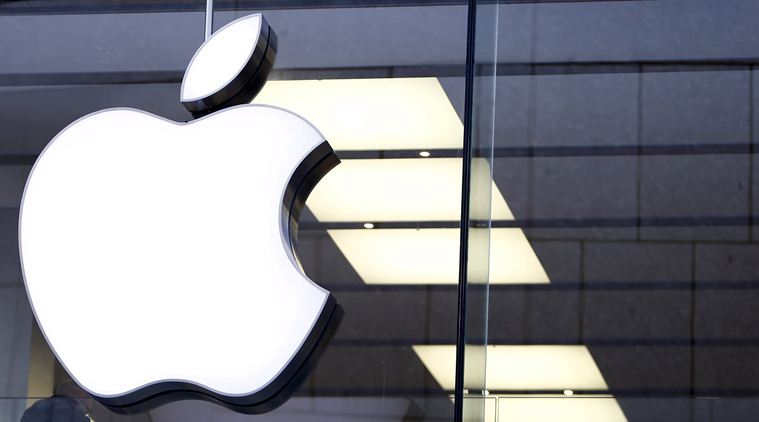

On Tuesday, the lawyers for the Justice Department and Apple Inc. will finally square off in a courtroom after exchanging sharply phrased legal volleys for weeks. The heart of the matter is whether Apple should be forced to assist investigators in unlocking a phone that had belonged to a shooter in the terror attacks in San Bernardino, California. Arguments will be heard by Sheri Pym, the US District Magistrate in Riverside California. She had issued an order on February 16th, which stated that Apple should assist the Federal Bureau of Investigations in circumventing the security measures on the iPhone that had belonged to Syed Rizwan Farook, who had shot and killed 14 people on December 2nd at a holiday party, along with his wife.
Technical details will be examined in the hearing and legal issues will also be highlighted. As many as four witnesses may be brought forward in front of the judge, which include two FBI agents who have worked on the case, the Apple lawyer who has been working with the FBI in this case and also the chief cryptography architect at Apple Inc. No ruling will be made on Tuesday by Judge Pym. The dispute between the most valuable company in the world and the US government has become a high-stakes battle, which is closely watched as it deals with the sensitive issue of balancing security and privacy in this digital age.
Briefs have been filed by nearly 70 entities and more, which range from Alphabet Inc.’s Google to the National Sheriffs’ Association, which is highly unusual for a case that involves a search warrant. The government wants Apple to eliminate the security features of the iPhone, which include imposing delays between successive attempts at entering the phone’s passcode and after 10 unsuccessful attempts, wipe off the phone’s data. This would allow investigators to every possible password for gaining access to the phone.
The iPhone maker has said that such a feat is technically possible, but would require creating an entirely new operating system that could lessen the security of hundreds of millions of iPhones. The company believes that a dangerous precedent will be set by Judge Pym if she forces the smartphone giant to write a code that could weaken its products’ security. The government has argued that the issue only pertains to one phone used by a terrorist, which could provide them information to other terrorist activities.
It has also stated that the security features it wants disable are simply designed by Apple for making the phones warrant-proof, which is a marketable feature. Similar court orders have been sought by federal prosecutors for helping open at least a dozen phones or so. Apple suggested that a key opportunity had been messed up by the government when the device’s backup storage password was reset by the investigators. Otherwise, they could have gotten the data off the phone. This has been called a mistake by the head of the FBI while the DOJ refuses to acknowledge it as one in its filings.

Leave Your Comments